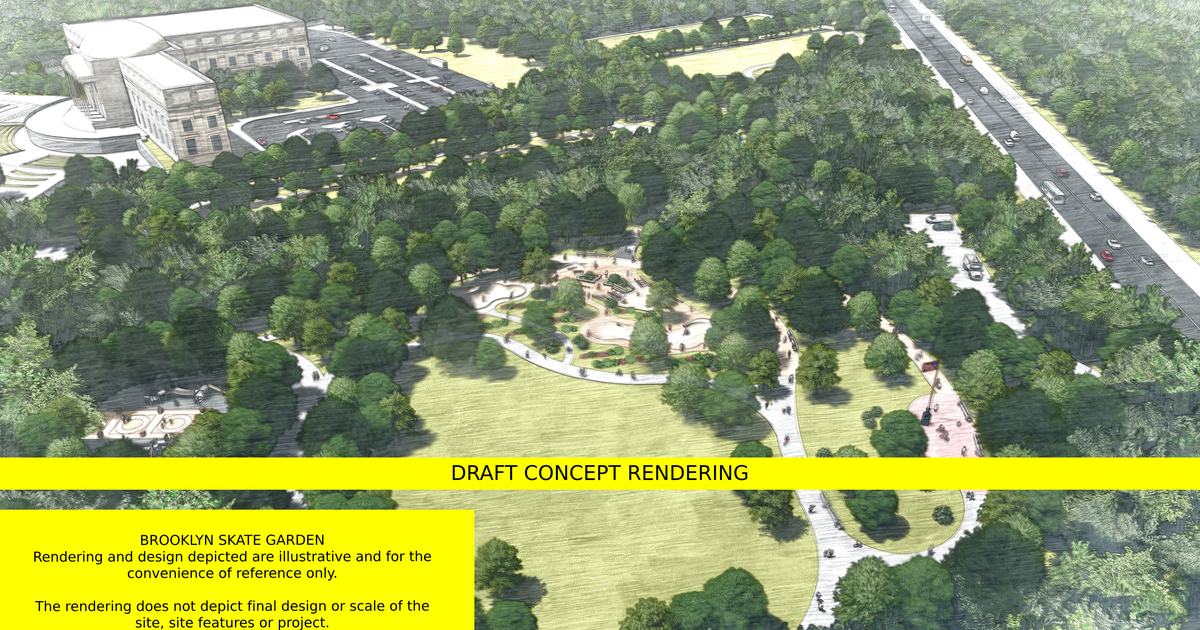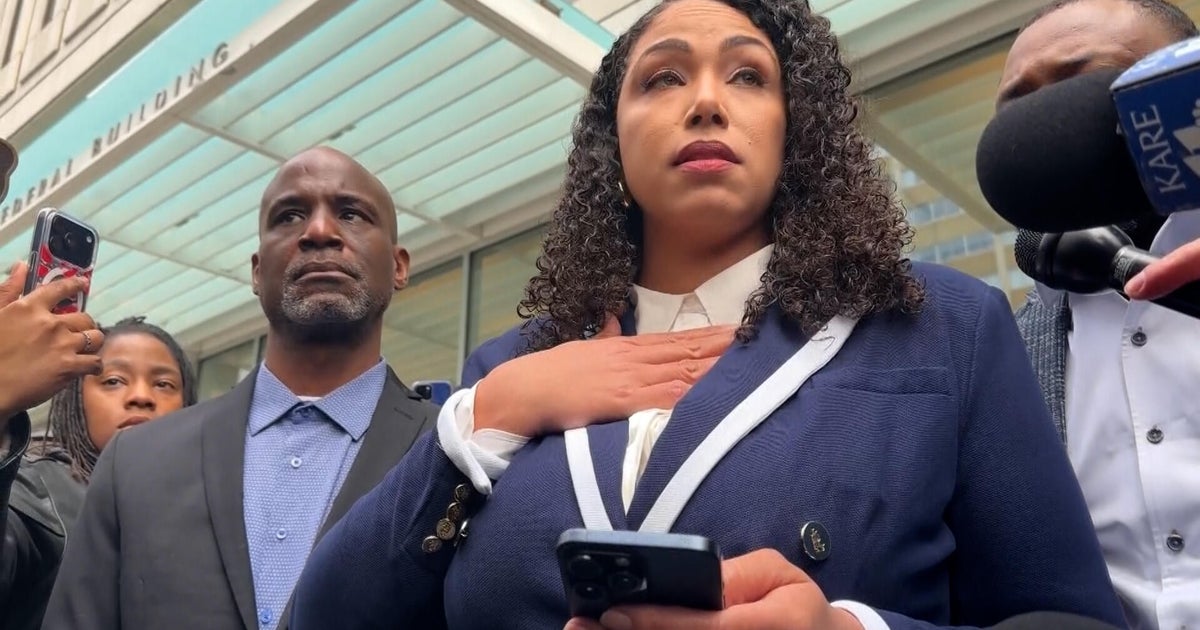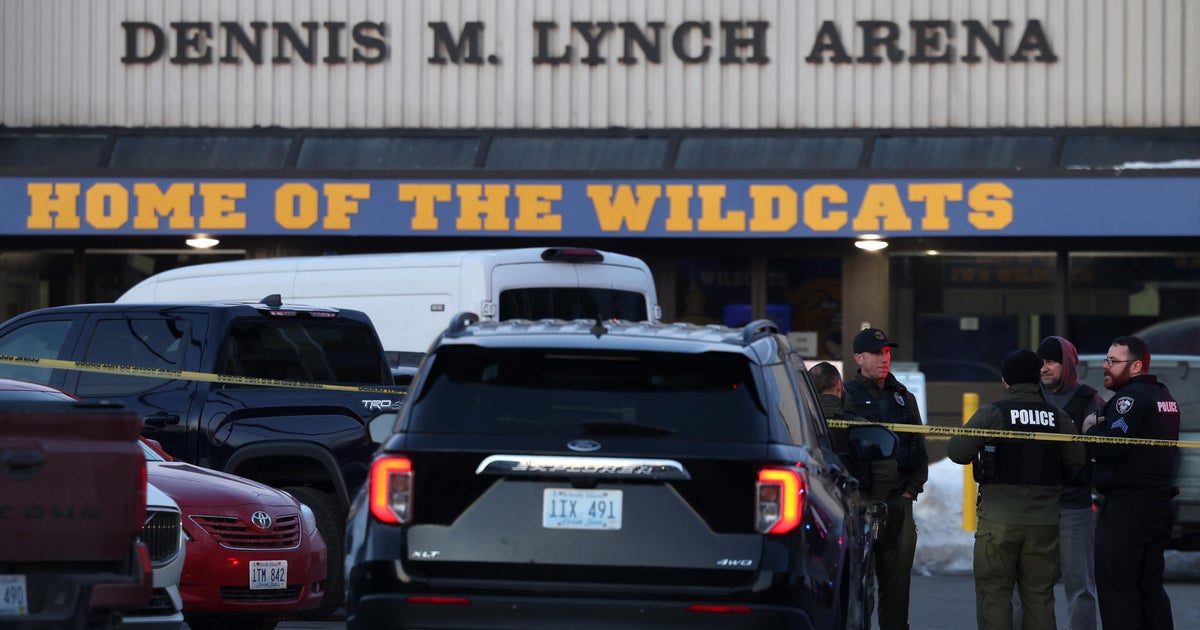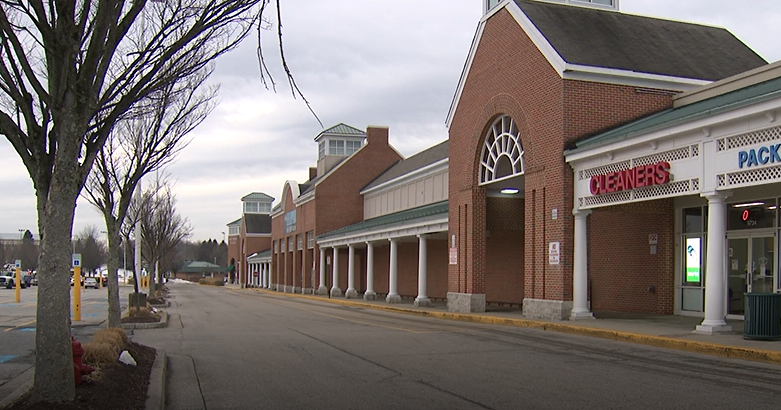Talks renewed over restoration of century-old Coney Island Boardwalk
NEW YORK -- Most people who enjoy dedicated boardwalks in Coney Island would argue that the scenic landmark promenade is in dire need of repairs.
"I notice it is more rickety than it normally is," said Janel Cimo, who told CBS2's Hannah Kliger she goes to Coney Island when she visits her daughter living in Queens.
"Very difficult, very dangerous for me," said 75-year old resident Rafael Grugman, who said he has tripped and nearly fallen a few times while on his daily walk.
A records request from the city comptroller's office shows that 31 notices of claim have been filed for injuries sustained on the boardwalk in the past five years.
Ida Sanoff, executive director of the Natural Resources Protective Association and a Coney Island activist, has lived in nearby Brighton Beach for decades. She said she is concerned that reconstruction plans would include replacing the wood with concrete slabs like those in front of her building on Brighton 1st Road.
"Nobody wants to fall. I don't want to fall, but we have tens of thousands of units of housing here that are directly on top of the boardwalk and we need to consider that safety, too, because in Rockaway [during] Sandy, these slabs lifted up and became multi-ton battering rams," she said.
According to a recently released proposal from the U.S. Army Corps of Engineers, resiliency efforts on the peninsula could include elevating the boardwalk from its current height of between 13 and 14 feet, to 18 feet. The plan won't be finalized until 2024, and, if it is, will only begin in 2030.
But in 2021, former Mayor Bill de Blasio allocated $114.5 million to begin the first major reconstruction of the boardwalk since its creation, and a separate $11.5 million for immediate repairs to a particularly deteriorated stretch, none of which has begun yet.
The varying visions for the repairs are leaving some wondering whether that work would be obsolete if the whole structure would have to be raised several years later as part of the federal plan.
"It cannot be the city doing their thing, state doing their thing, and federal doing their thing. Everybody should talk to each other, should cooperate. We should not spend money twice," said City Councilman Ari Kagan, chairman of the Committee on Resiliency and Waterfronts. He said he believes restoration work ordered under de Blasio must begin as soon as possible, with an emphasis on safety.
A spokesperson with the NYC Parks Department said in a statement, "We welcome the Army Corps' progress on their important study to investigate measures to manage future flood risk in and around New York City, and we look forward to working collaboratively with the Mayor's Office of Climate and Environmental Justice, to provide feedback on their recently released Draft Report."
However, sources with NYC Parks said they anticipate that elements of the plan, if approved, may take a long time to be phased in.
The U.S. Army Corps of Engineers draft proposal also includes 12 proposed floodgates in waterways around New York and New Jersey. Public input on the plan will be accepted until January 2023.
Have a story idea or tip in Brooklyn? Email Hannah by CLICKING HERE.








